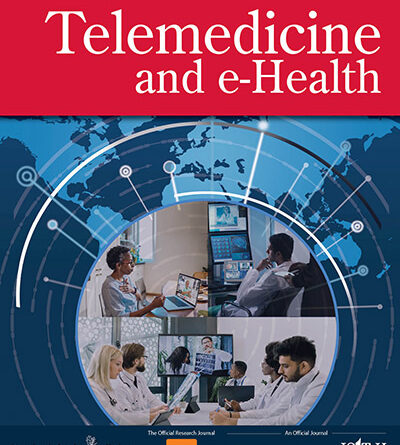Development and Implementation of a Telemental Health Program for Caregivers in a Children’s Hospital Setting
Introduction:Caregivers of children with chronic illness, such as hematology-oncology conditions, face numerous stressors, and a subset experience persistent distress and poor psychological outcomes. Many logistical and ethical barriers complicate the provision of mental health care to caregivers in children’s hospital settings. Telemental health (TMH) is one method to increase access and reduce barriers.
Methods:A partnership was established with an outside TMH agency to provide mental health care to caregivers of children with hematology-oncology conditions. Development and implementation strategies are described, and feasibility was measured on four dimensions.
Results:One hundred twenty-seven (n = 127) caregivers were referred for TMH services in the first 28 months of program implementation. Of the total, 63/127 (49%) received TMH services for at least one session. Most caregivers had a child in active medical treatment (89%). A small portion (11%) of caregivers were bereaved or had a child in hospice care. Program feasibility was enhanced by hospital leadership support and availability of staffing, financial, and technology resources. Available resources also contributed to the practicality of program development and swift implementation and integration within the defined hospital system.
Discussion:Partnership with an outside TMH agency increased access to care and reduced barriers to treating caregivers in a children’s hospital setting. Offering mental health interventions to caregivers aligns with evidence-based standards of care. Future research will elucidate caregiver satisfaction with this modality of treatment and whether use of TMH reduces disparities in caregiver receipt of mental health care in children’s hospital settings.


